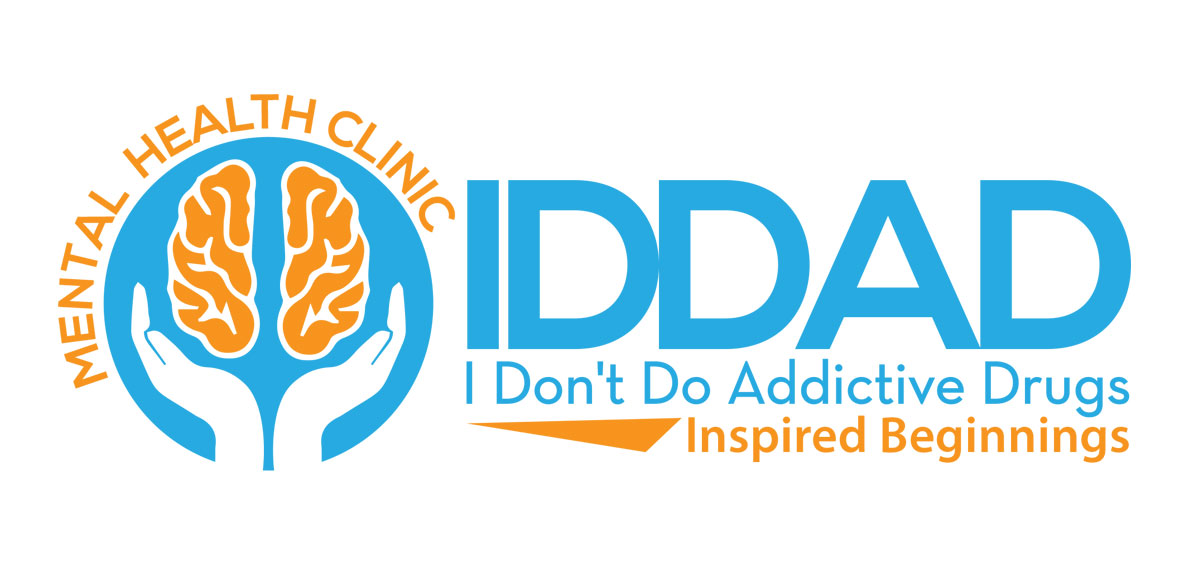Cocaine is a highly addictive substance. What starts off as seemingly harmless experimentation can quickly develop into a potentially life-threatening addiction.
Common signs of cocaine use include:
- Dilated pupils
- Long periods of wakefulness
- Loss of appetite
- Overconfidence
- Over-excitement
- Paranoia
- Runny nose or frequent sniffles
- White powder around nostrils
The Dangers of Cocaine Abuse
Cocaine is a dangerous drug in part for its highly addictive potential, but it also poses serious risks on a person’s overall health. There are both short- and long-term dangers associated with cocaine use, ranging from overdose to organ failure. Cocaine abuse constricts blood vessels, which causes an increase in unhealthy blood pressure. Snorting cocaine can also cause serious damage to the nasal cavity and septum.
The effects of cocaine are felt relatively quickly and are short-lived compared to other substances—only lasting roughly 30 minutes. Taken in smaller doses, cocaine produces effects of happiness, sociability, concentration and a decreased need for sleep.
However, larger amounts of cocaine are particularly dangerous. Large doses can cause violent behavior, nosebleeds, heart attacks, strokes and even death. Common side effects of cocaine use include:





